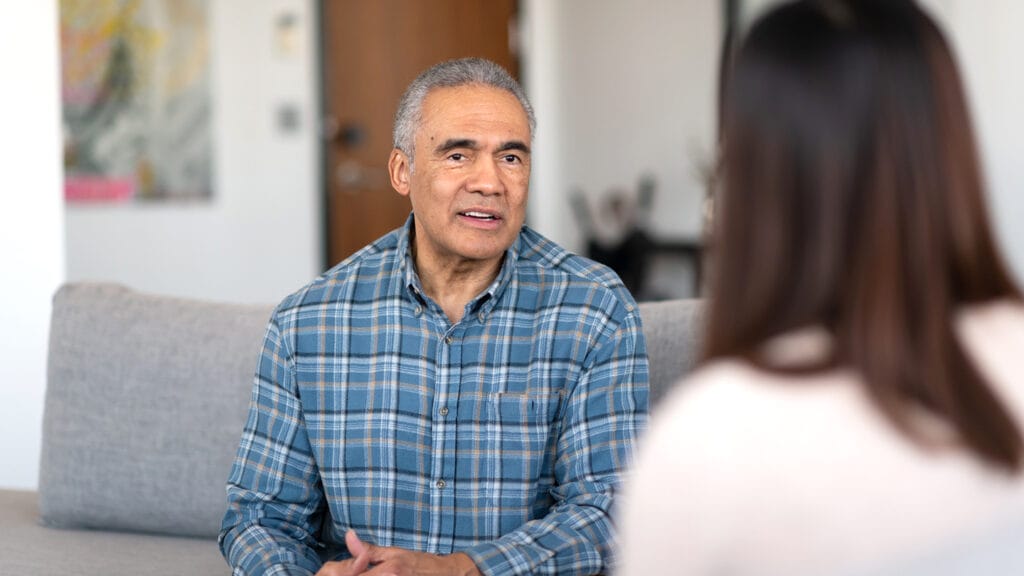
Shortly after acquiring a Florida senior living campus, LifeStar Living was faced with the death of a resident by suicide. Looking back, a company executive said, the tragedy was a catalyst for the firm to develop mental health education and training for staff members.
“It was so early in our start on that campus,” Karla Oliver, vice president of assisted living services for the Florida-based senior living development, management and advisory services company, said during Monday’s LeadingAge policy update call. “It was probably the start of us saying, ‘We need to be more aware of what’s going on in our campuses.’ ”
Oliver said that communities have faced various situations over time, including behavioral incidents in memory support areas, suicidal thoughts of residents and residnts who made suicide attempts before moving into a comunity.
But with mental health issues more public than they were previously, Oliver said, LifeStar Living seized on the opportunity to make its staff more aware of what to look for and how to respond to mental health concerns of residents. Addressing mental health issues on campus, she added, is far more effective and supportive than sending a vulnerable older adult to a mental health facility that might not be qualified to handle the needs of that population.
LifeStar’s campuses hold orientation — and reorientation — meetings monthly to remind staff members what to look for and how to address issues that arise. The company began by educating everyone on being more aware of what is going on inside a resident’s apartment, whether it is a change in personality or routine for the resident or the individual is isolating.
“It’s not a ‘one-and-done’ type of thing,” Oliver said. “It’s about keeping the lines of communication open and reminding them there are many things you can pick up, and not to dismiss that person.”
Residents may be more likely to open up to a housekeeper or maintenance worker — someone who is not on the care staff — she added
“Sometimes, residents will clam up to the nursing side of things because they don’t want to move. They want to stay in their apartment,” Oliver said. “We make them realize every person is important in communicating what they see.”
All staff members should be valued and empowered to solve problems, not just present issues, she said. A culture of building relationships with residents should be reinforced, with residents getting help if they need it. The process, Oliver said, has allowed the company to monitor suspected depression in some residents and set up care plans to monitor anyone who is isolating.
“It’s about educating and doing it discreetly, because no one wants to be targeted as having mental health issues,” she said.
The resident suicide also led LifeStar Living to look at its firearms policy and how owning a firearm necessitates awareness of medications, alcohol use and other behaviors. Oliver said that she was able to find resources through LeadingAge and other members of the association, adding that she appreciated learning how other communities were dealing with similar issues.
